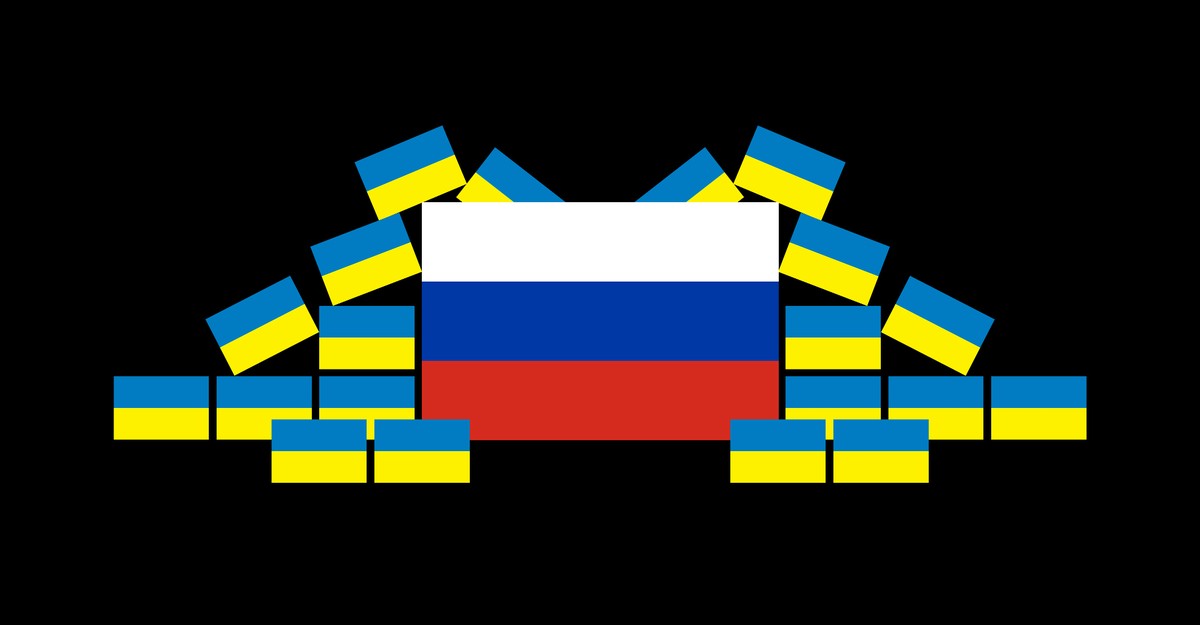Earlier this week, reports began filtering in that Ukrainian forces had entered Russia’s Kursk province, in what many analysts assumed was a small cross-border raid—of a sort that Ukraine has attempted a few times since Russia’s full-scale invasion in 2022. But as the hours and days ticked by and Ukrainian forces moved deeper and deeper into Russian territory, […] and had soon seized more ground from Russia in a few days than Russia has taken during an offensive in the Kharkiv region that began in the spring. As part of the new incursion, Ukraine has been deploying advanced armored vehicles, including German-supplied Marder infantry fighting vehicles—a striking development, given the unease among Kyiv’s allies about being seen as escalating hostilities between the West and Russia.
The initial success of what’s looking more and more like a full offensive shows what the Ukrainians can achieve if they have both the tools and the latitude to fight Russia. Ukraine’s most generous benefactors, especially the United States and Germany, have previously expressed their strong opposition to the use of their arms on Russian soil. […]
Now Washington and Berlin may be softening their positions more than they’re explicitly saying. A Pentagon spokesperson said Thursday that U.S. officials still “don’t support long-range attacks into Russia” but also that the Kursk incursion is “consistent with our policy.” Perhaps President Joe Biden, freed of electoral considerations, can focus more on how best to help the Ukrainians now—and limit the damage that Donald Trump could do to their cause if he wins in November. The White House’s notably bland statement on the Ukrainian offensive on Wednesday was hardly the sign of an administration in panic.
[…]
Throughout this war, widespread electronic surveillance by both sides has frequently tipped each off about the other’s plans. But in recent weeks, Kyiv built up the necessary forces so stealthily that the Russians had no idea what was going to hit them. The Ukrainians apparently carefully arranged for drones and computer hackers to suppress Russian resistance once their soldiers crossed the border. In three days, they came close to seizing the Russian city of Sudzha, through which runs a key rail line close to the Ukrainian border.
[…]
Notably, the U.S. and German governments have not publicly opposed any of this. Perhaps the two allies are no longer as nervous about cross-border operations as they were. Maybe the U.S. has finally come to understand that if Ukraine really is going to have a chance to win, it must be allowed to fight the war properly.
The real answer, of course, is that no one outside the Ukrainian government really knows what is happening—and, so far, Kyiv has been extremely tight-lipped on this operation. Having kept it quiet before it started, the last thing the Ukrainians want to do is let Russia know their intention. Whatever happens, the Kursk offensive has been a well-executed operation to this point. It’s their plan. Let them see to it.



I don’t think they’re going home any time soon either. Great to see.